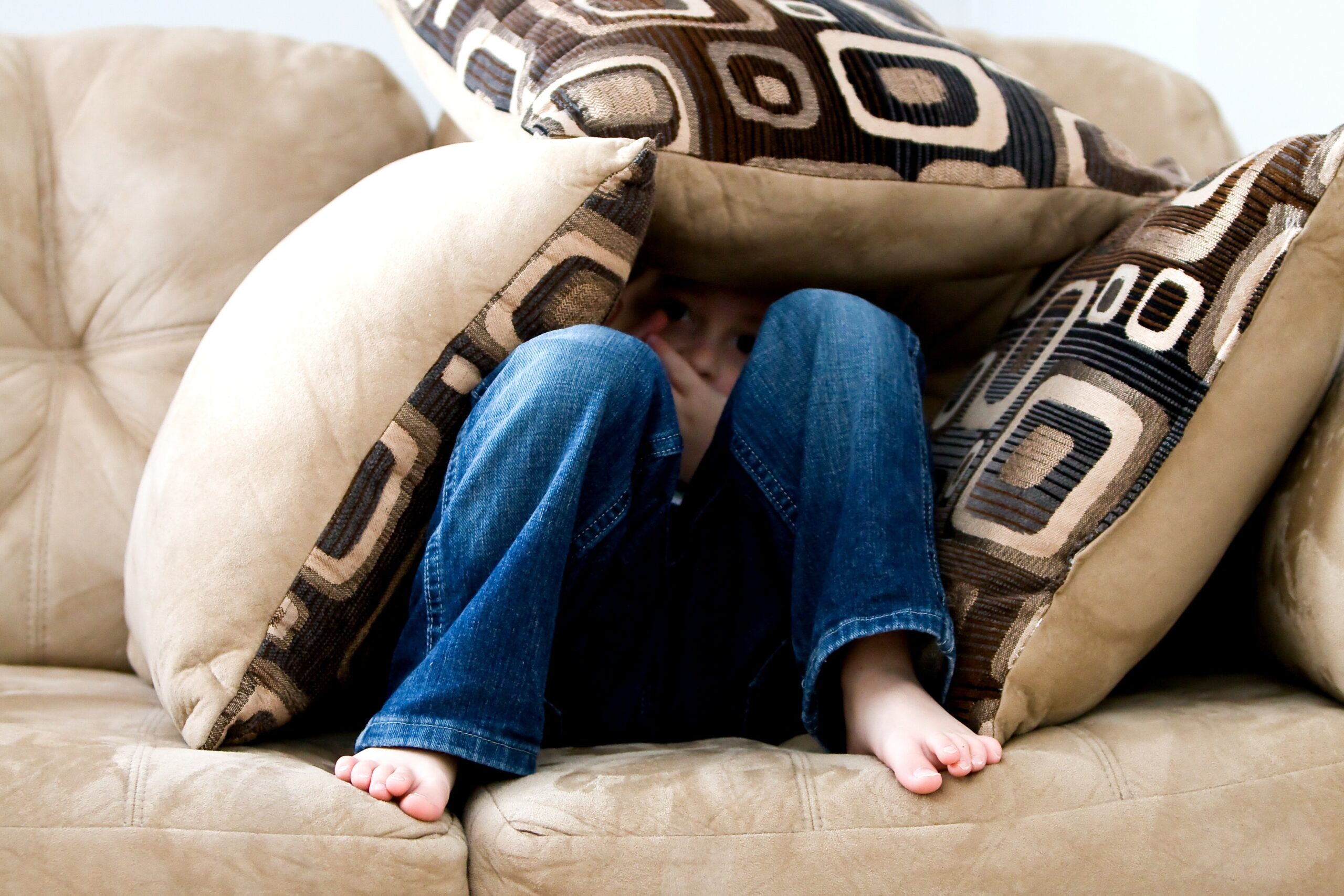Growing up, I witnessed abuse in my household. Witnessing abuse led me to feel depressed and down. Not only did I feel guilty for not being able to save my mom from the abuse, but I also felt trapped. I would rather my mom had left the marriage than stay in the unhealthy situation she was in. Hearing the banging of pans and seeing her limp body, hurt me tremendously. I grew into a quiet child, someone who remained voiceless and could not stand up to her bullying peers. Thankfully, my mom got the help she needed and ended her marriage. I am much healthier and happier than ever before and now I am advocating for those who experienced similar things. The subject matter I highlight below, I have personally experienced.
Among women of South Asian and Middle Eastern descent, exposure to domestic violence has been linked to depression, anxiety, and PTSD. Though women make up 75-90% of the victims of reported domestic violence cases, children are also heavily impacted by merely witnessing domestic violence. Exposure to domestic violence has a great impact on children’s mental health.
According to an article published by the University of Wisconsin-Madison, there are certain social-behavioral issues that children witnessing intimate partner violence may experience. While some children may be more likely to pick fights, cheat on exams, bully, and lie as a way of expressing their internalized anger as a result of their home environments, others may use silence and the fawn response as a coping mechanism.
By staying silent, children may exhibit numbness to the abuse witnessed at home. They may also choose to people-please in order to survive. Children can take on learned behavior from their primary caregivers, be it tolerating abuse or conducting abusive behavior, themselves.
Such children may struggle to advocate for themselves in a healthy manner against peer pressure or bullying. While a child raised in a safe and secure environment may enlist the help of an adult and portray a willingness to engage with friendlier peers in such circumstances, a child in an abusive household may struggle to do so. They may either fight back or turn a blind eye to the abuse since it was normalized at home. Furthermore, as young adults, they may be more likely to be victims of sexual assault (due to not having the tools to assert their boundaries) or to engage in drug misuse and other maladaptive behaviors.
School-aged children can develop anti-social traits and may experience guilt for not being able to mend the relationship between their primary caregivers. The belief that they are to blame can strongly bruise their self-esteem. Poor self-image and stressors within home and school can also lead to poor educational outcomes, such as low marks in school.
Furthermore, witnessing abuse at home can lead to anxiety and PTSD. There are many signs of this. For pre-schoolers who witness abuse, thumb-sucking, bedwetting, and crying may result from observing abuse. Children can also develop physical ramifications of these mental health issues. Headaches and stomach aches can occur. Stress can also lead to a weakened immune system which can cause fevers and colds. Moreover, children may be prone to using food as a coping mechanism. Binge eating disorders and poor diets are common in children witnessing domestic violence. This can lead to heart disease, obesity, and diabetes later down the line.
Often, those who witness abuse may repeat the cycle when they become adults; whereby children can become abusers or the abused due to the trauma. While there are several reasons why women may choose to stay in domestic violence situations (be it emotional, social, financial, etc), it is important to acknowledge that staying for the sake of keeping children in a two-parent home is not always a healthy choice, due to the many negative impacts witnessing domestic violence has.
In light of Mental Health Awareness Month, please do not forget to support children. Children need emotional support after witnessing parental abuse. Let’s end the cycle of abuse!
Saheli offers many resources to families and children such as group activities for children to develop coping skills and access to mental health services. Get in contact with us today!



